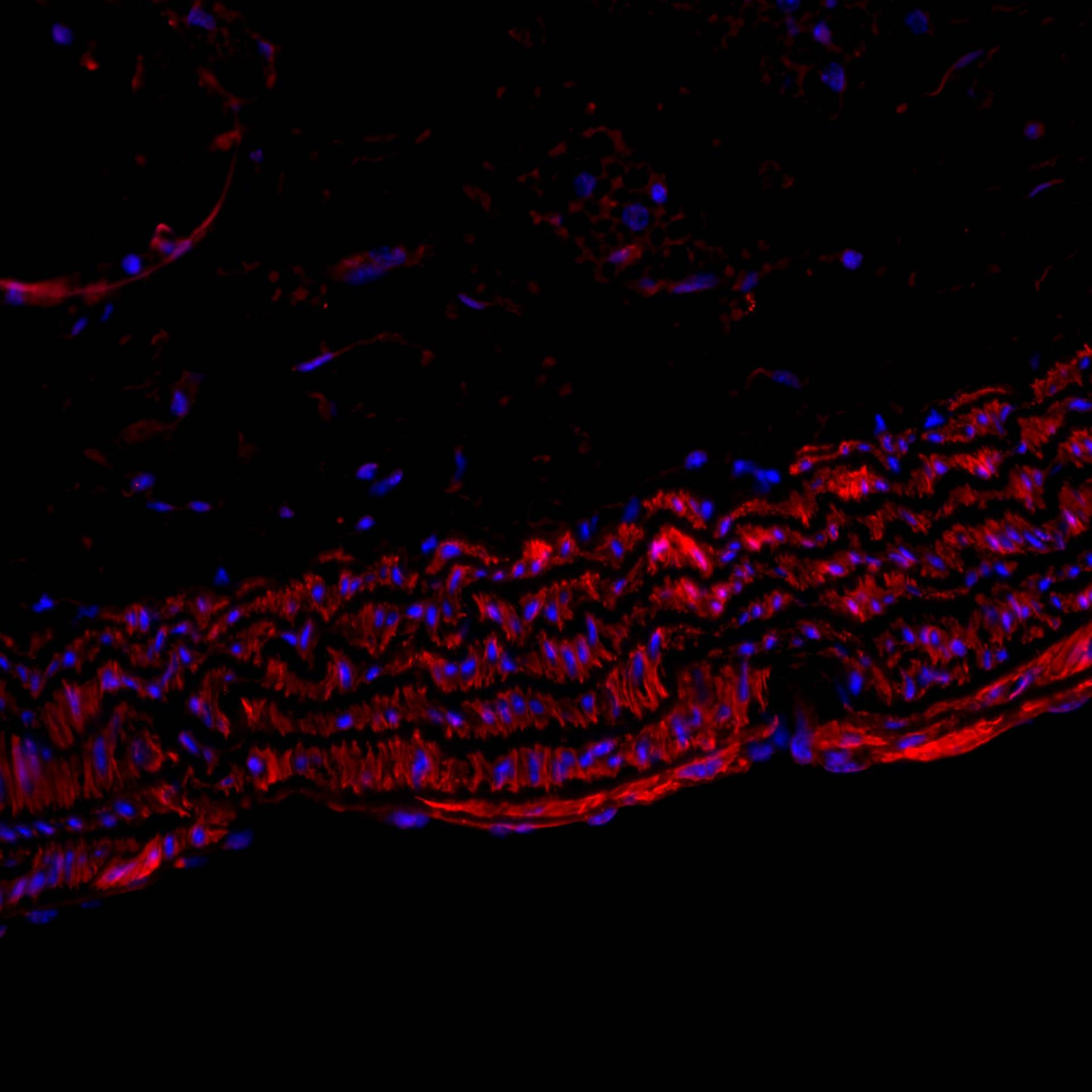
Areas of Investigation
Currently, the Biomaterials and Stem Cell-Based Therapeutic research group has two main avenues of research:
1. Bioengineering platforms to modulate the differentiation and maturation of stem cells.
One of the main objectives of the research group is to develop biomaterials and bioengineering platforms for the efficient differentiation, maturation and engraftment of stem cells and their progenies (focus: cardiovascular lineages). We are primarily working with human pluripotent stem cells (induced pluripotent stem cells and human embryonic stem cells) and fetal hematopoietic stem cells (human cord blood). The group is developing scaffolds capable of retaining the cells at the desired location, while serving as a template for cell assembly, survival, differentiation and engraftment. The group is also designing biomaterials that provide several different types of information to stem cells, with the purpose of controlling their differentiation. Finally, we are studying new strategies based on topography and fluid shear stress to modulate the differentiation of mesoderm cells such as vascular cells and cardiomyocytes derived from human pluripotent stem cells.
2. Nanomedicine platforms to modulate the activity of stem cells and their progenies.
The development of a wide spectrum of nanotechnologies (referred as Nanomedicine by National Institutes of Health for applications in the biomedical area) during the last years are very promising for the study of stem cell biology and to control exogenous and endogenous stem cells for regenerative medicine. Our group is particularly interested to use these tools to induce in vivo stem cell differentiation and to mobilize stem cells from their niches to treat cardiovascular diseases. For this purpose, we are developing nanomaterials that release efficiently small molecules or non-coding RNA (miRNAs) to manipulate stem cells or their progenies.
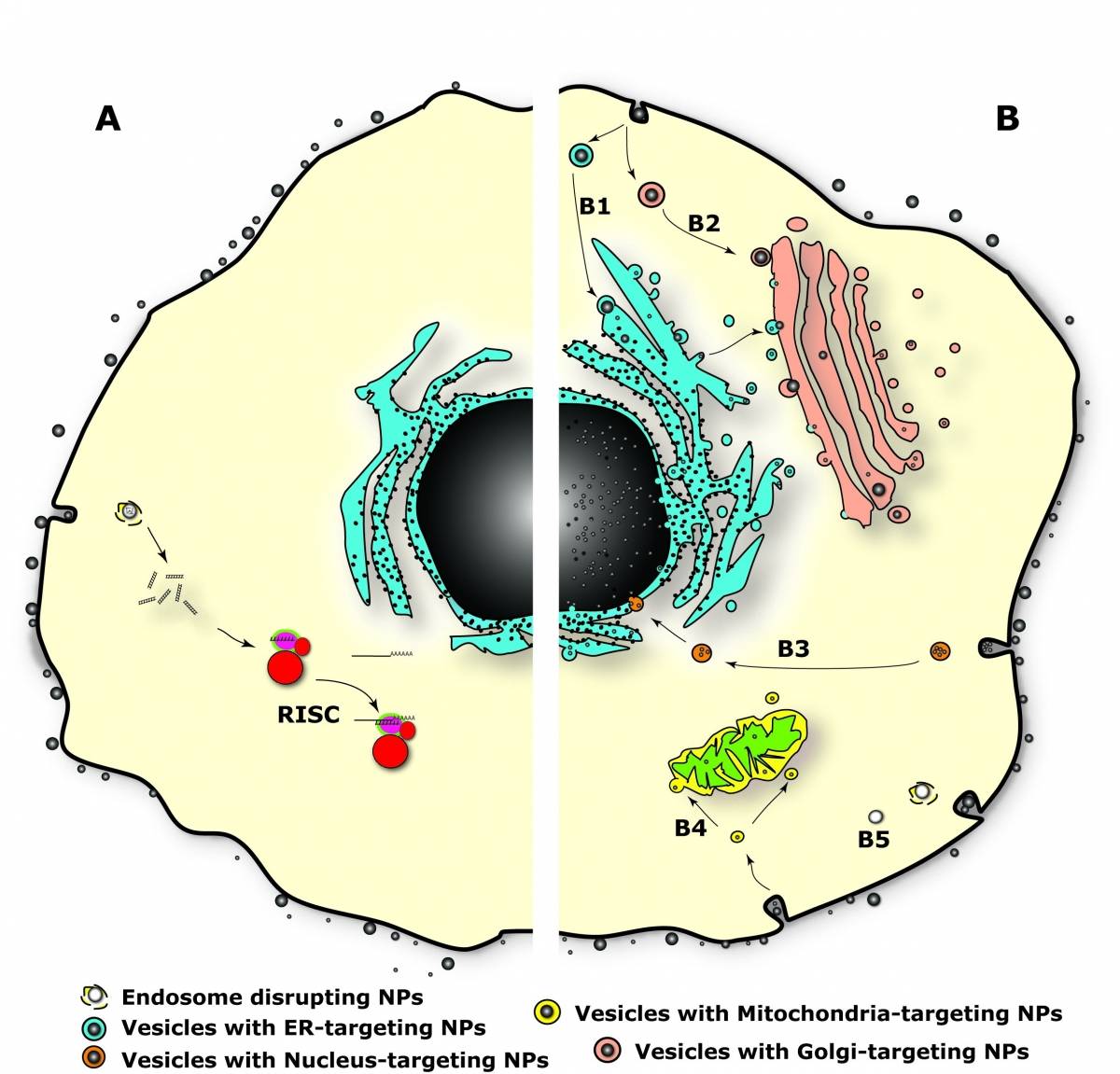
Projects
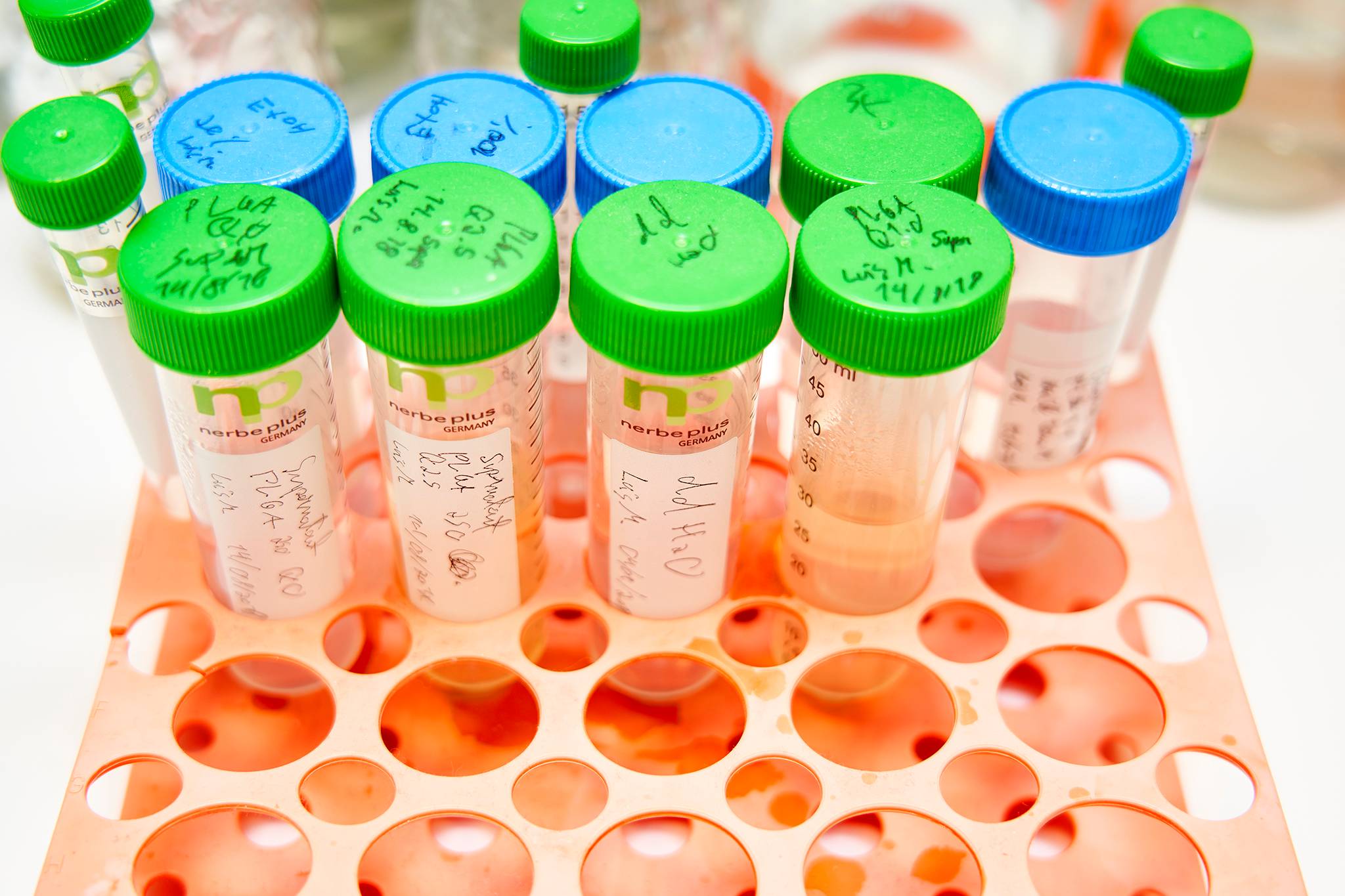
Enhancing Research in Ageing at the University of Coimbra
The project “Enhancing Research in Ageing at the University of Coimbra” (ERA@UC) addresses the Widespread- ERA Chair call to promote excellence in science research in low-performing EU Member States, thus reducing disparities across Europe.
Know More
Significance
Cardiovascular diseases (CVDs), a group of disorders of the heart and blood vessels, are the number one cause of death globally. More people die annually from CVDs than from any other cause. In 2005, 17.5 million people around the world died from CVDs, representing 30% of all global deaths (data from World Health Organization). Of these deaths, an estimated 7.6 million were due to coronary heart disease and 5.7 million were due to stroke. In Portugal, CVDs are the most common cause of death and morbidity.
Stem cells are an important source of cells for regenerative medicine applications. Several clinical trials are underway to investigate their therapeutic effects. Yet, it is of utmost importance to understand the bioactivity of stem cells and eventually to control it. The paracrine effect of stem cells remains to be elucidated as well as new platforms to improve stem cell survival after transplantation. Stem cells are also an important source of cardiac and vascular cells for drug screening and toxicological assessment. They can be an useful in vitro model to study specific diseases and to find new therapeutic targets.
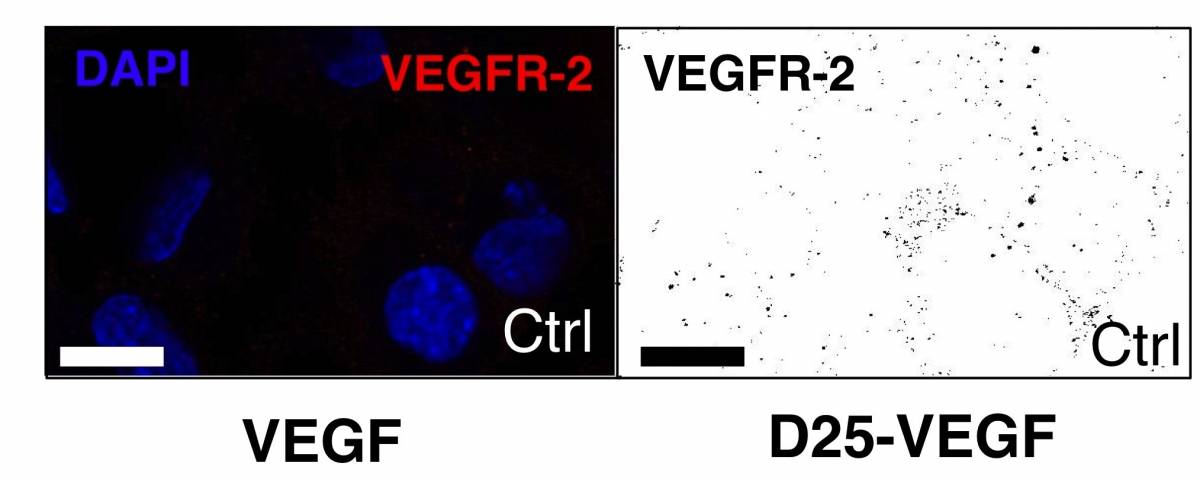
Approaches
We use many approaches to answer our research questions, including the design of new biomaterials (nanoparticles, microparticles, gels, coatings, etc…) with relevant biological information, molecular and cell biology, microfluidic systems, high content analysis, and animal experimentation.
We have designed nanomaterials that can be monitored by Magnetic Resonance Imaging (MRI) and efficiently deliver miRNAs within cells, nanomaterials that can release efficiently hydrophobic small molecules such as retinoic acid, gels to efficiently transplant stem cells in chronic wounds, etc…
We use molecular analysis to identify signaling pathways that are activated when cells are exposed to specific signals or extracellular matrixes.
We have high experience in the differentiation of pluripotent stem cells into vascular lineages (endothelial and smooth muscle cells).
We are also working with disesase-specific induced pluripotent stem cells (iPSCs) that can provide insights into the mechanisms underlying cardiovascular diseases.
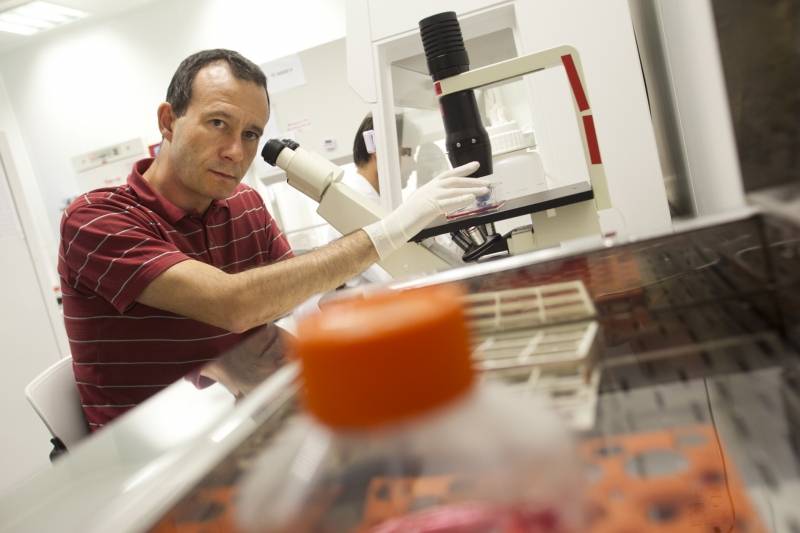
Contributions
Our laboratory has developed methodologies to efficiently differentiate human pluripotent stem cells into vascular cells (smooth muscle cells and endothelial cells), a stem cell based therapy to treat diabetic chronic wounds, 3D scaffolds for stem cell differentiation and transplantation, platforms to modulate exogenous and endogenous stem cell niches, and a nano-formulation that is able to monitor transplanted cells in vivo by non-invasive imaging methods such as MRI and to manipulate them simultaneously by intracellular delivery of miRNAs.
Our laboratory has started a biomaterials spin-off (Matera) with headquarters at UC-BIOTECH(Cantanhede).
Furthermore, the group has licensed 4 patents to companies in the last 5 years. We expect to move one of our technologies to a clinical trial in the next 2 years. The group has been awarded in 2012 with an ERC grant.